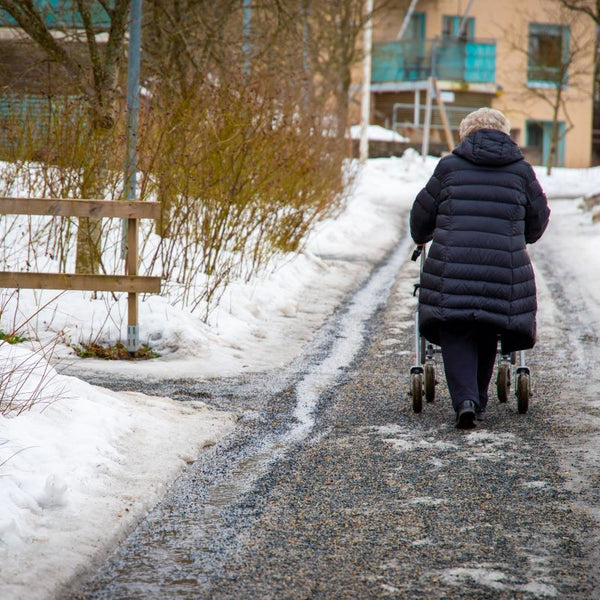Finding the right care for an older family member isn’t easy.
They may just need someone to cook a meal every day. Or perhaps they need help with getting up in the mornings and going to bed at night. Or a full-time live-in carer to help with getting around the home and out and about.
Whatever the need, there are many national and local businesses that offer care at home services to keep people living in their own homes.
At some point though, your family member may be safer and healthier if they’re looked after in a residential setting. Then it’s probably time to take a look at what care homes can offer.
But the choices are huge. How do you decide on the right caring services for your relative?
Brochures can tell you a great deal, but here are a few questions to help you make up your minds about whether a provider is going to fit your relative’s needs before you start paying for elderly care.
Care at home
How can you make the introduction of a carer into your family member’s life as easy as possible? Discussing these important areas can help.
What questions should you ask a home carer?
- It’s going to be a real adjustment to have a stranger coming into the home – especially if they’re going to be giving personal care. So how far can the agency guarantee that it will be the same one or two carers who visit, so your relative can build up a trusting, friendly relationship with them?
- What sort of training do the carers receive to deliver the best possible service that they can?
- The more the carer can fit into an individual’s routine the better. Does the agency have the flexibility to try to fit carer visits to their client’s preferred times?
- It might be that your family member only needs a little help now, but that might change. Can the agency offer a wide range of services, or will you have to be looking for a new provider in the future?
Moving into a care home
What questions should I ask when looking for a care home?
It’s not a given that every older person has to move into a care home, but if they do, that’s a massive step. While the basics of cost and locality are important, there are other questions to ask that can give you a better flavour of what’s on offer.
- How do residents fill their days? Care homes may indeed offer bingo and sing-songs, but many provide a much richer range of entertainment. Can you see a schedule? Are there opportunities to learn new skills?
- What’s the food like? If you can visit the home during a mealtime, you’ll learn about menus, routines and how much residents appear to be enjoying the occasion. And would you be allowed to be a guest for a meal?
- What happens about outside appointments? Your family member will still need to get to hospital appointments, as well as dentists, opticians, podiatrists and more. Do any of these services come to the home?
- What are the guidelines on visiting? How did the home manage visits during the pandemic? Some closed their doors almost entirely to keep their residents safe. Others used window visits, pods and more to allow physical visiting. Yet others set up Zoom and Facetime calls. How would their care home’s approach have met your family’s priorities then, and what are their plans for the future?
A good approach to researching any form of care is to ask yourselves the critical question – how can the care we choose help our loved one enjoy the best quality of life, whatever the extra support they need?
Can a personal alarm help with care?
The support provided by a carer or care home may be greater than your family member needs right now. They may want to maintain their independence and remain in their own home.
What is a personal alarm?
- A personal alarm is a wearable SOS button that you can press to get help in the event of an emergency. It can enable your loved one to get help quicky and easily in the event of a fall, illness or other emergency.
- Personal alarms are a great addition to care at home, as they can provide peace of mind even when carers or family can’t be there. They can provide a sense of independence to family members.
- Ensure that the personal alarm provider you choose offers 24/7 alarm monitoring from trained staff that understand your family member’s needs.
We offer a wide range of emergency alarms for the elderly that provide different levels of care support. All of our alarms are connected 24/7 to our award-winning Emergency Resolution team. Browse our personal alarms to find more or download a product brochure to learn more.
Guide to independent living
Learn about technology for safe independent living.




